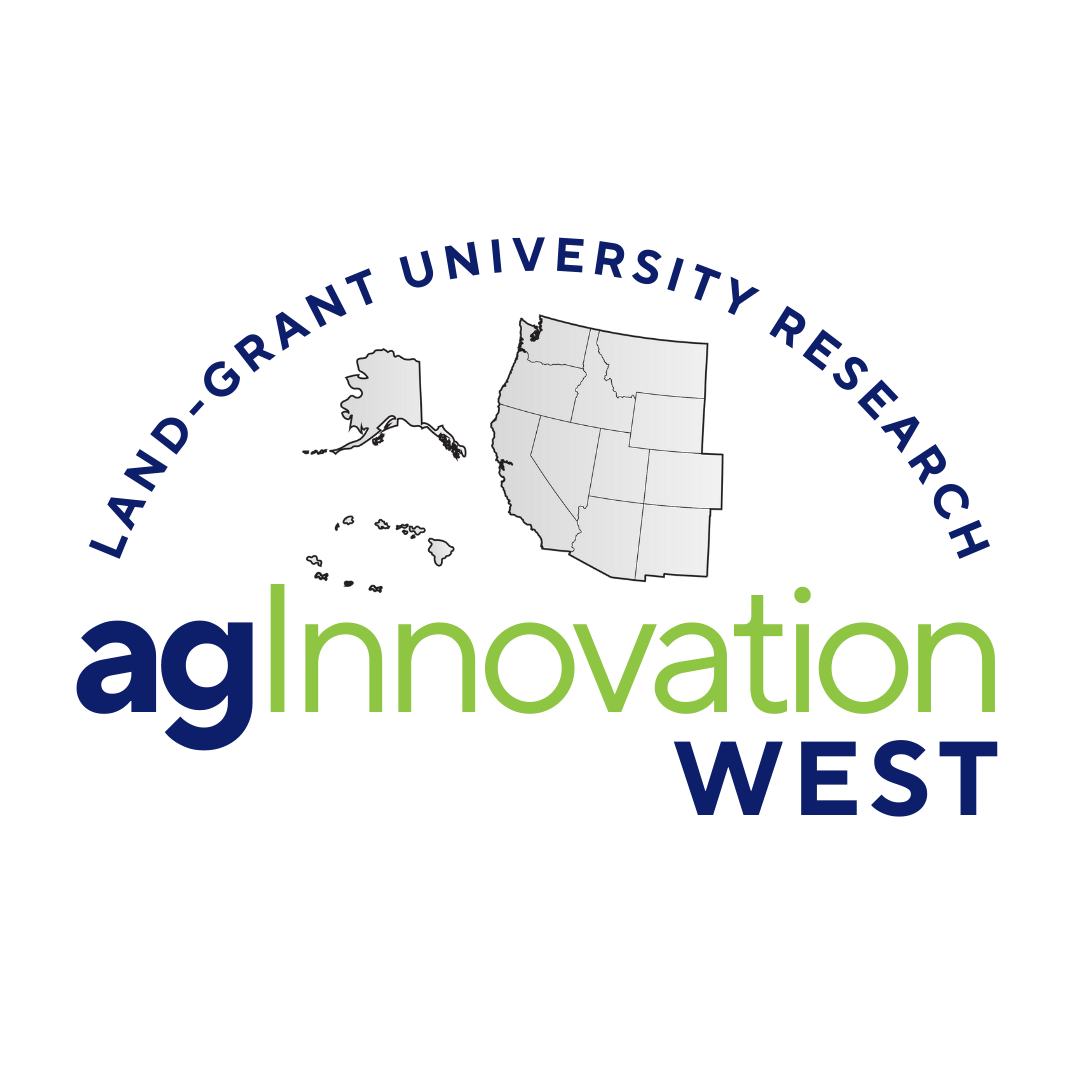
W4173: Impacts of Stress on Performance, Health, and Well-Being of Animals
(Multistate Research Project)
Status: Active
Homepage
With a growing global population and emerging challenges of climate change, the need for efficient production of animal protein is greater than ever before. It is estimated that the production of meat and other animal food products must increase by more than 50% within the next 30 years to accommodate a predicted world population of 9.6 billion. Furthermore, climate change poses a substantial challenge to the sustainability of current agricultural practices 1. Expanding animal agriculture is a complex challenge that is further compounded by the obvious disconnect between consumers and producers that results in misconceptions about animal agriculture 2,3. Thus, the challenge for US animal agriculture industries and the research institutions that serve them is clear: to create ways to increase the production of animal protein that are socially acceptable, economically sustainable, and environmentally friendly.
Stress in livestock increases mortality and morbidity, decreases growth efficiency, and results in less desirable end products 4-7. In order to increase production efficiency and address consumer concerns about animal well-being, it is critical to identify strategies that reduce the stress that a food animal experiences over its lifetime. A key step toward this objective has been the formation of this Multistate Research Project, which is aimed at capitalizing upon the expertise and resources across US research institutions to define and combat animal stress. The goals of our group align with USDA and US Farm Bill 8 priorities (Table 1) and address two Priority Areas of NIFA: Food Security and Climate Variability and Change.
Table 1. 2018 Farm Bill priorities addressed by the proposed W4173 Multistate Project
Farm Bill Priority Area for the Advancement of Science | Role of W4173 |
Agriculture economics and rural communities | Economic security in all aspects of the food chain is necessary for a strong economy. This requires adjusting to consumer-driven markets and public policies. Working to reduce animal stress and increase well-being will improve consumer acceptance of animal projects to increase agricultural prosperity. |
Agriculture systems and technology | Systems-based, precision livestock farming (PLF) is essential to increasing production efficiency and integrating industry efforts. Research into individualized animal monitoring and management will benefit efforts to implement PLF in operations of all sizes. |
Animal health and production and animal products | Finding new strategies for livestock management that reduce stress is essential for ensuring animal health and production. Alleviating stress also contributes to higher quality products. |
Bioenergy, natural resources, and environment | This priority explicitly states a need for a “better understanding of how the changing climate affects agriculture.” Characterizing their response to environmental stress will allow the identification of more resilient, adaptable animals, and better management practices to increase sustainable production. |
Food safety, nutrition, and health | Working to increase animal health and well-being will result in a more secure and sustainable food supply. |
An inadequate level of action to address the issue of stress in animal agriculture would be unacceptable. The industry would lose consumer support and our ability to fulfill the nutritional needs of the growing population would be stunted. As the reality of climate change continues to emerge, producers cannot realistically relocate their operations to a region with a more tolerable climate. Rather, we must rely on scientific research to identify strategies that will allow producers and their animals to adapt to the changing world. The major topics of study in this Multistate - physiology, genetics, animal behavior, reproduction, nutrition, housing, and husbandry - will each contribute meaningfully to increasing the sustainability and efficiency of animal production.
The overarching goal and objectives of this project have remained relatively unchanged since the Project’s initiation in 1985, reflecting the magnitude to which stress continues to affect animal agriculture. Acknowledging that societal perceptions and science literacy are often overlooked in agriculture, we have added a new objective to specifically address challenges for outreach and the dissemination of science-based data to stakeholders. A large majority of consumers express that animal welfare influences their purchasing decisions 2,9,10, but research also shows that their perceptions of how animal products are produced is frequently inaccurate. For example, tail docking and dehorning are typically viewed by consumers as detrimental to dairy cow well-being 11, they think gestation and farrowing crates reduce the welfare and humane treatment of pigs 12, that animals experiencing heat stress reflect a failure of the producer, and that livestock should most often be housed outdoors 13. It is our goal that the research and extension efforts of our Multistate lead to a dialogue that dispels inaccurate beliefs and misunderstandings about animal well-being.
The membership of W3173 is diverse and represents complimentary expertise and interests. There are also diverse animal resources and handling facilities among stations for collaborative and comparative work. Our Project benefits from having members located throughout the country, in different climates, with different livestock breeds, and with varied management styles. This creates unique opportunities to compile comprehensive data on components of animal stress ranging from physiology and genetics to behavior and management. Therefore, the outcomes of this Multistate Project will broadly influence production practices, animal health and well-being, and profitability across diverse livestock sectors. Successful elements of the Project including ongoing research are outlined in the next section. Products from the group including publications, abstracts and presentations, extension materials, and theses/dissertations are included as an attachment.